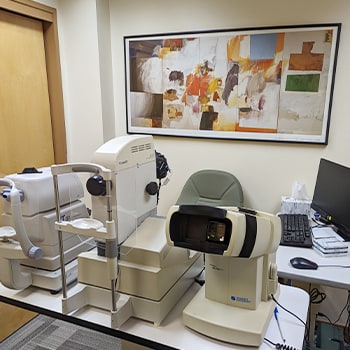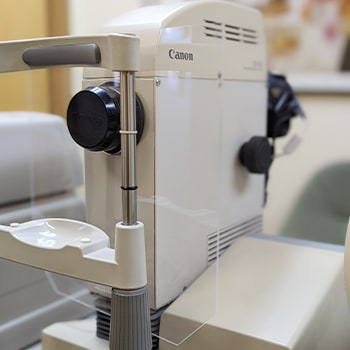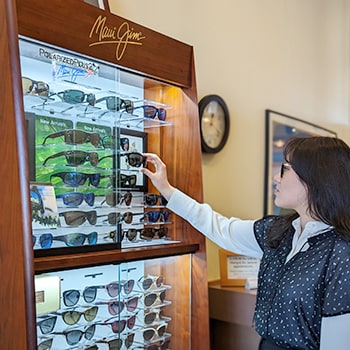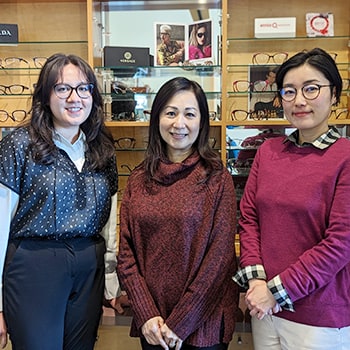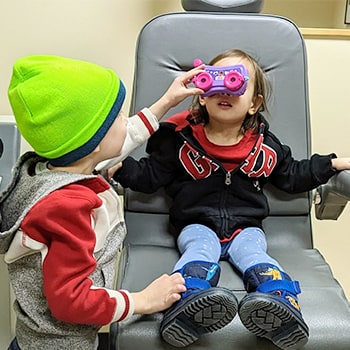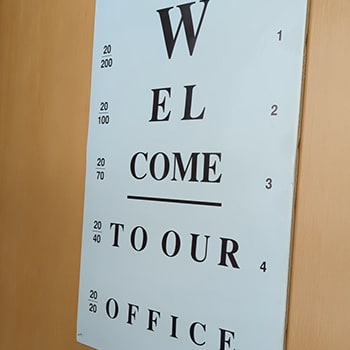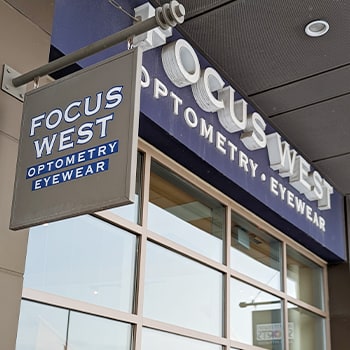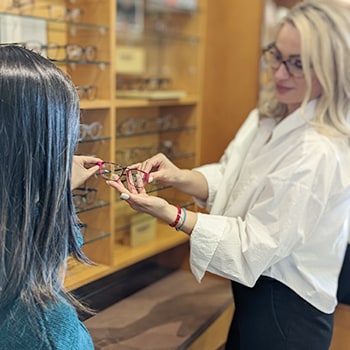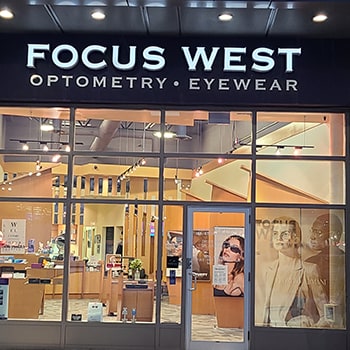Permanent Vision Correction
If you’ve ever worn glasses or contact lenses, you’ve probably thought about what life might be like if you didn’t have to. Laser eye surgery can help you wake up in the morning and see your alarm clock!
We will help you to navigate the different types of laser eye surgery available and determine whether you are a good candidate for the procedure. After a comprehensive eye exam, we will ensure you understand your options and which style of laser vision correction might best suit your situation.
Start your laser eye surgery journey by booking a consultation today!
Book AppointmentWho Can Benefit From Laser Eye Surgery?
Everyone considering laser eye surgery needs to have a comprehensive eye exam and consultation. We need to take a detailed look at your eyes and understand your health history and lifestyle needs in order to help you achieve the best possible outcome.
We’ll also be sure to discuss your expectations for the surgery. Many people achieve 20/20 vision after their procedure, but there are certainly people who need glasses or contact lenses post-surgery. But, surgery almost always decreases reliance on corrective lenses.
In order to be considered a candidate for laser eye surgery, your eyes must be in good health. Infections, severe dry eye, or recent trauma may mean you’ll need to delay the procedure.
Here are a few other considerations for surgery:
- You must be 18 years of age or older.
- Your refractive error must not be too great.
- Your prescription must be stable.
To find out whether you’re a candidate for laser vision correction, book an appointment today!
What Is Laser Eye Surgery?
Laser eye surgery is a group of procedures—all just a little bit different—that use a laser to correct refractive errors in your vision.
Technological advances have made several types of laser vision correction possible, but the 2 most common types remain LASIK and PRK.
LASIK
Laser-Assisted In Situ Keratomileusis (LASIK) involves a surgeon cutting a flap in your cornea. This flap is then folded back and the remaining layers are reshaped with a precision laser.
Once the reshaping is complete, the surgeon will return the flap to its original position and the cornea will repair itself. Post-surgery surveys report extremely high levels of satisfaction with LASIK.
PRK
Photorefractive keratectomy (PRK) involves the surgeon removing the top layer of the cornea altogether, then reshaping the remaining layers.
Is Laser Surgery Right for Me?
As with any surgical procedure, there are risks associated with laser eye surgery. We will ensure you understand the risks and will support you in making an informed decision.
Book your appointment for a laser eye surgery consultation today!
Book AppointmentCome Visit Us
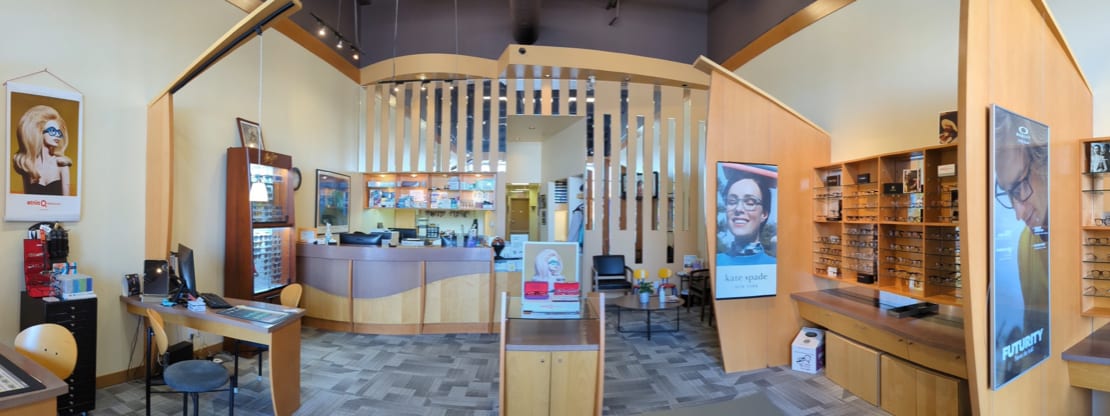
Our Address
- 268 Stewart Green SW
- Calgary, AB T3H 3C8
Contact Information
- Phone: 403-217-3322
- Email: [email protected]
Hours of Operation
Hours
- Monday: 9:00 AM – 5:00 PM
- Tuesday: 9:00 AM – 7:00 PM
- Wednesday: 9:00 AM – 7:00 PM
- Thursday: 9:00 AM – 7:00 PM
- Friday: 9:00 AM – 5:00 PM
- Saturday: 10:00 AM – 3:00 PM
- Sunday: Closed
Our Brands


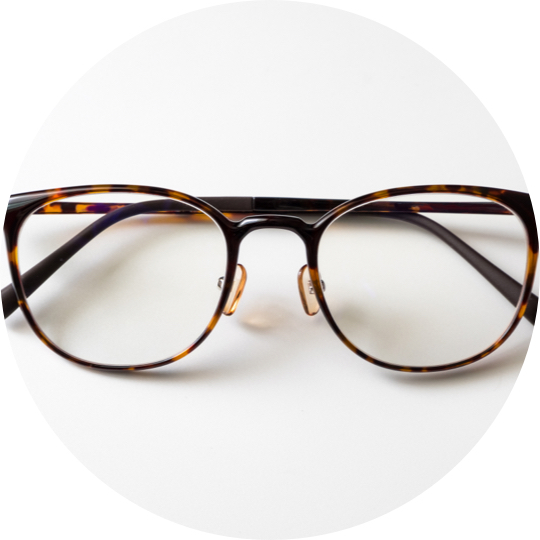

Our Google Reviews
Our Blogs
How Winter Sunlight Can Damage Your Eyes?
Eye Conditions, SunglassesWinter sunlight can damage your eyes due to reflections caused by snow and the lower angle of the sun. These factors combine to increase your exposure to harmful UV rays, making it important to wear sunglasses even in the winter.
[…]
What Is Digital Retinal Imaging?
Eye Exams, Eye HealthDigital retinal imaging is an innovative tool that our team uses to capture a detailed picture of the back of your eye, including the retina, optic nerve, and blood vessels, during a comprehensive eye exam.
[…]
Are Eye Exams Free in Alberta?
Eye Conditions, Eye ExamsWhile not all eye exams are free, AHCIP does cover the full cost of many medically necessary appointments and annual exams for specific age groups. […]
How Winter Sunlight Can Damage Your Eyes?

Winter sunlight can damage your eyes due to reflections caused by snow and the lower angle of the sun. These factors combine to increase your exposure to harmful UV rays, making it important to wear sunglasses even in the winter.
[…]
What Is Digital Retinal Imaging?
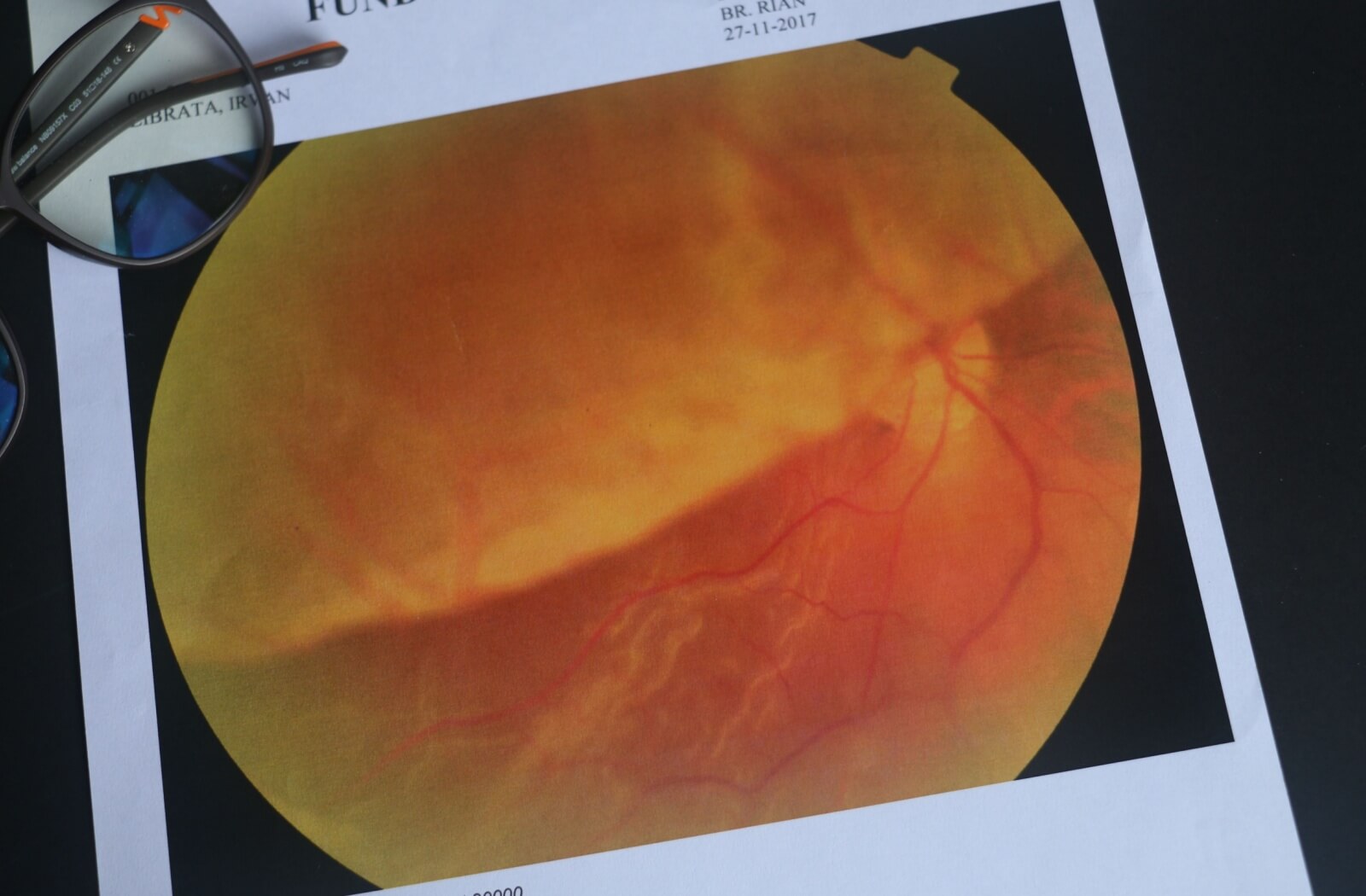
Digital retinal imaging is an innovative tool that our team uses to capture a detailed picture of the back of your eye, including the retina, optic nerve, and blood vessels, during a comprehensive eye exam.
[…]
Are Eye Exams Free in Alberta?
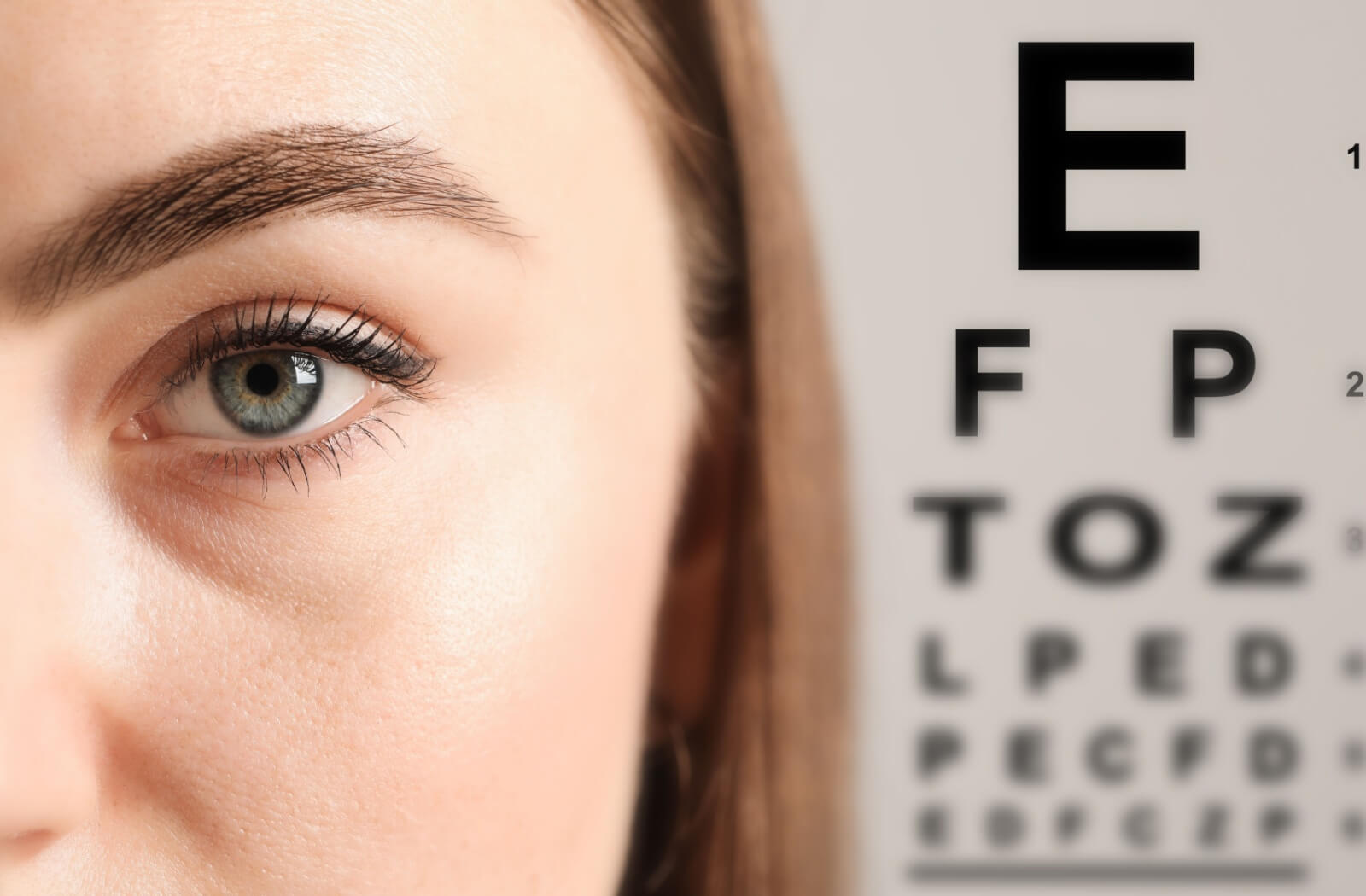
While not all eye exams are free, AHCIP does cover the full cost of many medically necessary appointments and annual exams for specific age groups. […]













